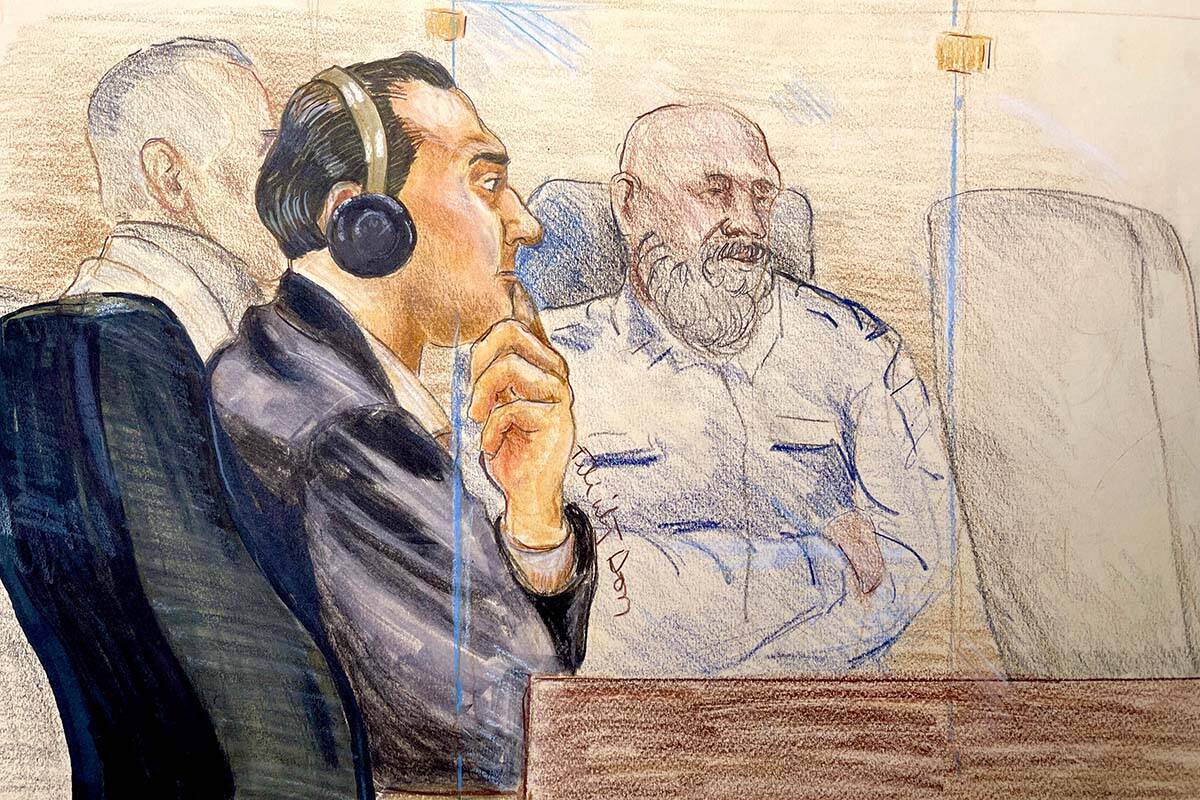A B.C. Supreme Court trial can expect to hear evidence that shows a 13-year-old girl from Burnaby, B.C., was passing through a neighbourhood park when she was dragged off a pathway into the forest by Ibrahim Ali, sexually assaulted and strangled, the Crown prosecutor told the jury Friday.
In an opening statement, Crown attorney Isobel Keeley said the court will hear evidence showing the murder was random, but DNA results will prove Ali sexually assaulted her.
Ali is charged with first-degree murder and entered a not guilty plea before the jury earlier this month.
The body of the girl, whose name is protected under a publication ban, was found in Burnaby’s Central Park in July 2017, just hours after her mother had reported her missing.
“There are no eyewitnesses to the murder,” Keeley said, but told jury members that cellphone and bank records prove Ali was in Burnaby that day.
They “were strangers to one another,” she said, adding that phone records will show there was “no contact” between them.
She said the court will hear evidence that proves the sex was not consensual and that the girl’s body remained on the forest floor until it was found by police.
Keeley said the jury will hear the girl sustained multiple injuries, including to her face, scalp, arms and legs, but the forensic pathologist will testify that strangulation was the cause of the death.
RCMP Const. Richard Huggins, who was assigned to the Burnaby detachment in July 2017, said he was dispatched to search for the missing girl shortly after midnight on July 19.
Huggins, who was the first person to testify in the trial, said that police used technology to “ping” the girl’s cellphone allowing them to find its location within a 30-metre radius. That led them to the southeastern area of the park, he said.
“Most people carry their cellphone at all times,” Huggins said. “The idea is if you find the person’s cellphone, you will find the person.”
Huggins said he and another officer began searching the area and he noticed a pink wallet laying in the brush just off a path.
Huggins testified that, wearing gloves, he opened it to find the cellphone, a picture that fit the description of the missing teen and a student identification card with the girl’s name.
He said he then requested the help of police dog services as he was concerned about contaminating the area in the event the body was nearby.
The trial is expected to take about two months and will hear testimony from about 50 people, including civilians, police and expert witnesses, Keeley told the jury in opening statements.
—Brieanna Charlebois, The Canadian Press

